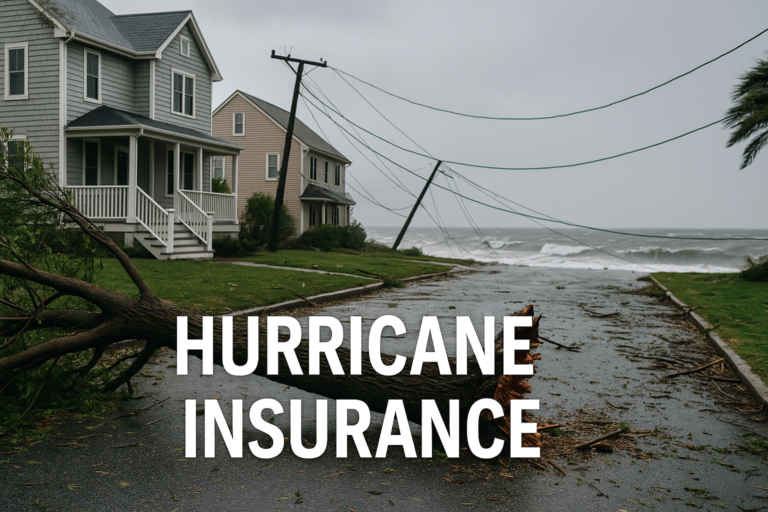A hurricane can leave behind serious damage that takes months to fix. Homes and businesses alike often suffer water damage, broken windows, and roof problems. Insurance is supposed to provide a safety net when these things happen. After paying premiums for years, it’s upsetting to receive a denial. The damage is real, the policy is active, and the bills are piling up. This is the moment when many people turn to Vishio, Watkins & Forry Law Firm Lawyers for help and guidance. They know how to review your policy and fight for the payout you deserve. Before giving up, it’s important to understand what steps you can take. Insurance policies are filled with terms and conditions that can be confusing. When a claim is denied, it doesn’t always mean you are out of options. You might still be covered depending on how the damage happened and what your policy includes.
Review the Reason for Denial
The first thing to do is read the denial letter from your insurance company. This letter will explain why your claim was rejected. Sometimes it’s because of missing documents. Other times, the company says the damage is not covered under the policy. It’s possible that the reason for denial is based on a mistake or a vague interpretation. Insurance companies sometimes use complex language to confuse policyholders. A careful review of the letter and your policy can reveal if the denial was unfair. Knowing the exact reason helps you decide what to do next.
Check for Errors or Misunderstandings
Many denials happen because of small errors in paperwork or miscommunications. The adjuster might have missed part of the damage or didn’t understand how the storm affected your property. If something was left out of the report or you didn’t submit enough evidence, the claim may have been denied without proper review. You have the right to ask for a second inspection. Sometimes a corrected report or more photos can help turn things around. If the damage was clearly caused by the hurricane, you should not be punished because of a clerical mistake. Taking the time to double-check everything can make a big difference.
File an Appeal Quickly
If you believe the denial was wrong, you can appeal. Insurance companies usually allow appeals, but they have strict deadlines. You will need to explain why you disagree with their decision and include supporting documents. That could be repair estimates, expert opinions, or updated reports. Keep your message clear and focused. Don’t assume the insurance company will review it carefully on their own. They are more likely to take your appeal seriously if it’s backed by strong evidence. In many cases, this is enough to reverse the denial and get your claim approved.
Seek Legal Help if Needed
If your appeal doesn’t work or the insurance company continues to delay, you may need legal help. Lawyers who handle hurricane claims understand how these companies operate. They know what the law requires and how to hold insurers accountable. A lawyer can write demand letters, file lawsuits, and represent you in court if necessary. Working with a legal team often gets faster results. Insurers tend to respond quickly when a lawyer gets involved. If you’ve hit a wall, this could be your best option for getting paid.
Keep Records of Everything
When dealing with a denied claim, good records are key. Save all letters, emails, and notes from phone calls. Keep a copy of your policy and anything you submitted. Take clear photos of the damage and store any repair receipts. This documentation helps if you decide to appeal or file a lawsuit. It shows that you followed the process and gave the insurer everything they asked for. Staying organized puts you in a stronger position if the dispute continues.
A denial from your hurricane insurance company can feel like the end of the road, but it doesn’t have to be. You have options and rights that can help you recover the money you need to rebuild. Whether it’s fixing an error, appealing the decision, or getting legal help, there is always a next step. Don’t let delays or vague letters stop you. The damage you suffered is real, and your policy should reflect that. Keep pushing forward with strong evidence and support from professionals. If your claim was denied, there is still a path forward. You do not have to handle it alone.

